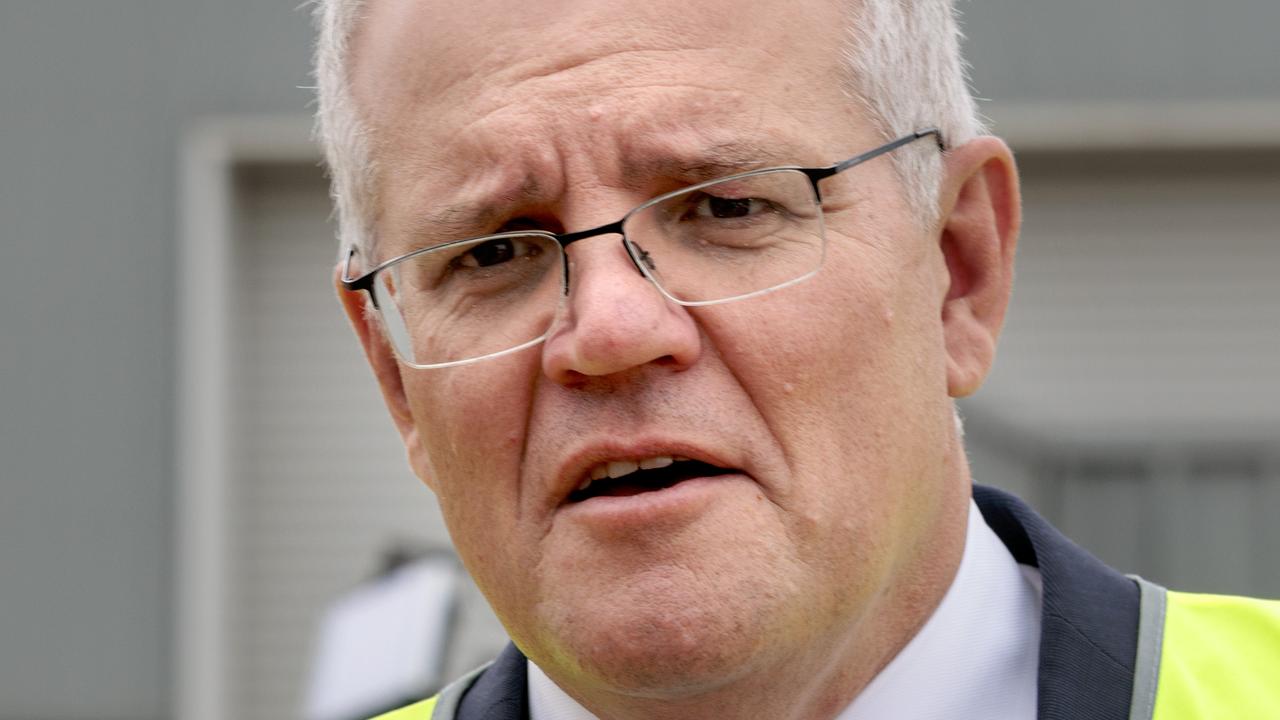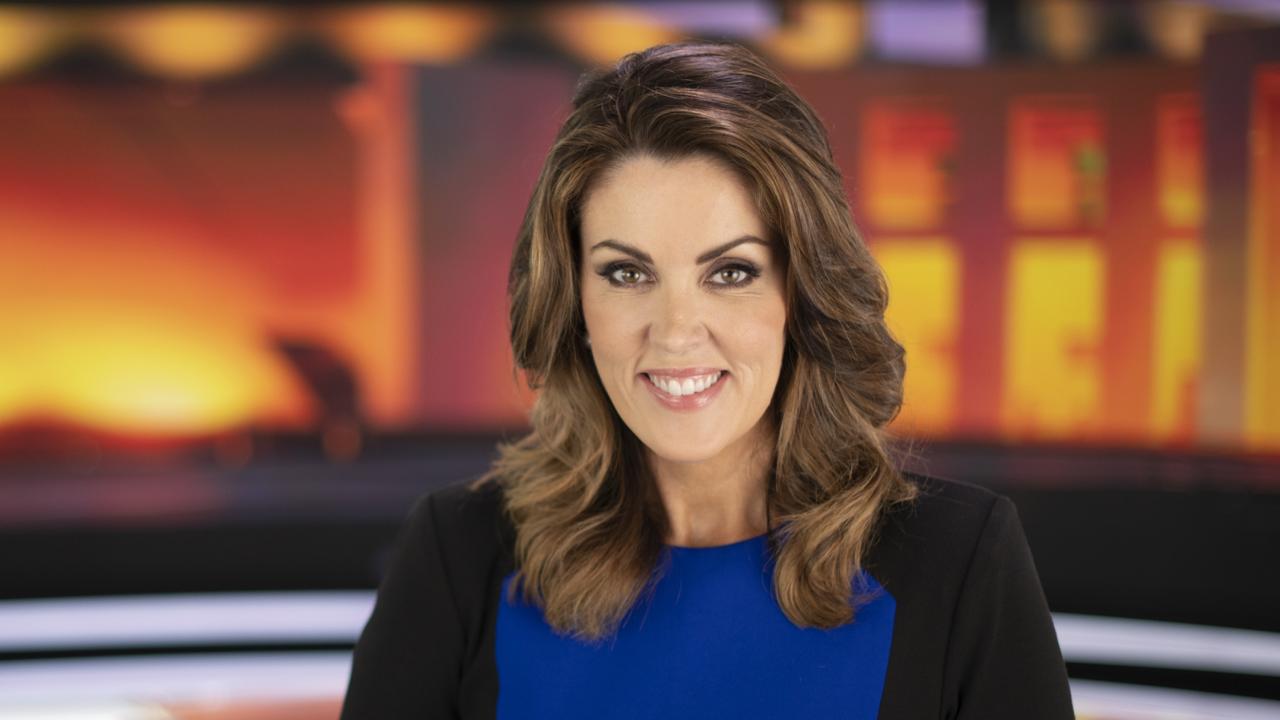Bill Shorten’s promise to frontline forces: ’They can’t look after us if we don’t do the same for them’
Opposition leader Bill Shorten has made an astonishing promise to Australian Federal Police officers following a spate of horrific workplace suicides.
WARNING: Distressing
A spate of horrific workplace suicides by Australian Federal Police agents exclusively highlighted by news.com.au has prompted the opposition to pledge $5 million over four years to tackle the issue if it wins the next federal election.
Labor leader Bill Shorten on Wednesday said the funding would provide extra mental health support services for frontline forces in a move unlikely to be challenged by the Government.
“We cannot expect our Australian Federal Police officers to look after us if we do not do the same for them,” Mr Shorten said.
Opposition justice spokeswoman Claire O’Neil said many AFP officers struggled with mental health challenges on their own.
“We must do a better job of supporting these brave men and women,” Ms O’Neil said.
The policy promise comes after a news.com.au investigation revealed that four officers took their own lives inside the organisation’s buildings in less than two years.
Since February 2017, about 100 past and present AFP agents have contacted news.com.au to report widespread mental health issues among first responders within the organisation, mismanagement of the issue and a disturbing internal bullying culture.
One former AFP agent, who spoke to news.com.au today on the condition of anonymity, said Mr Shorten’s pledge was “to be commended despite the issue being made a political talking point for the election”. Labor says it wants to work with the organisation, the AFP Association and experts to direct its fresh funding to the most appropriate services.
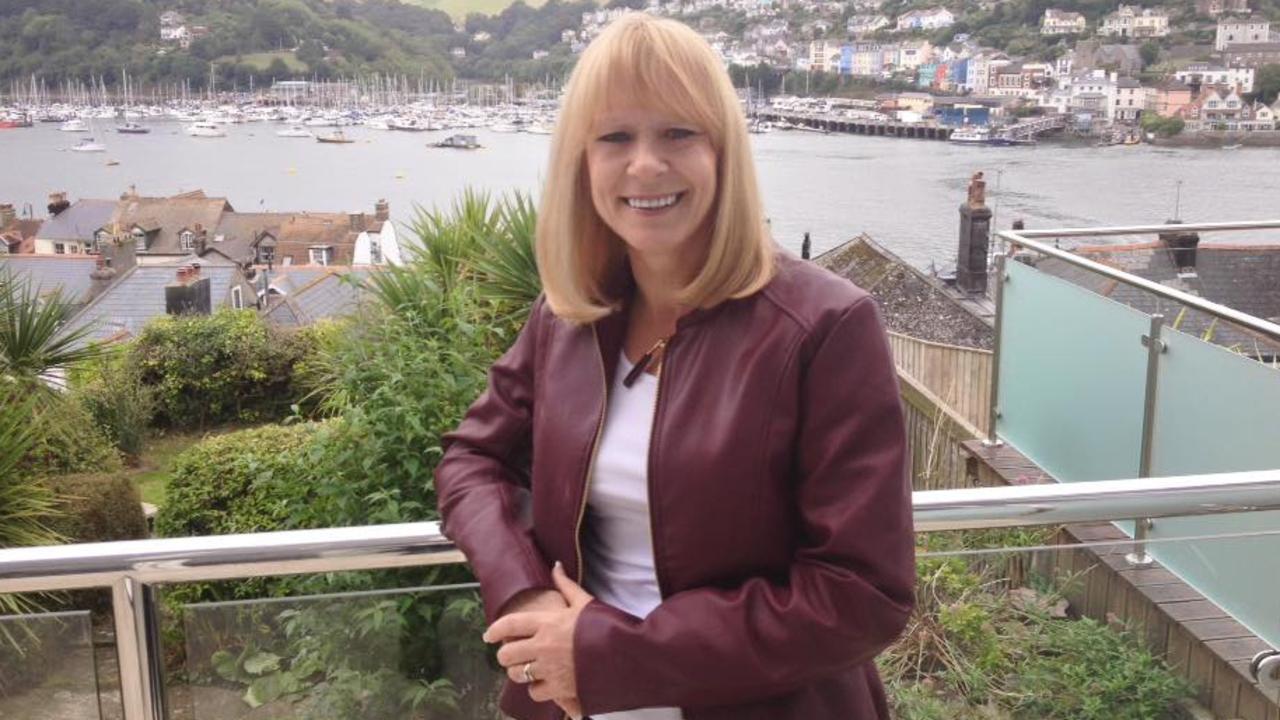
But the source said he wants a “separate body to the AFP” to develop and manage new mental health programs.
“Some of the AFP members who bullied, harassed and intimidated people like myself but now hold very senior roles,” he said.
“It makes me sick when I see their names spruiking their support of mental health initiatives.”
RELATED: Another AFP officer found dead at work
RELATED: Second tragic death at AFP Melbourne headquarters
He said that the job had almost cost him his life on multiple occasions.
“My injuries suffered on the job with the AFP have seen (him) abuse alcohol, destroy friendships and relations with family members, misuse prescription medications and occasionally dabble in illicit drugs as an escape from the ongoing trauma I have suffered,” he said.
“Last year I had two voluntary admissions to private clinics at my own expense, for issues developed on the job (including) PTSD, depression and anxiety.
“I was also admitted a third time under the Mental Health Act due to family concerns over my fragile mental state.”
It’s been a rocky road for the former officer who says he was put in dangerous and traumatic situations while working for the AFP but offered little support. But he knows he’s not alone.
RELATED: Internal investigations into whistleblowers a ‘necessary evil’
RELATED: AFP Commissioner’s vow
TRAGEDY IN THE WORKPLACE
In December last year, Sergeant Samantha Baglin, 44, died by suicide in the vault room at the Australian Federal Police national headquarters in Canberra.
Just six weeks earlier, Superintendent Richard Roberts also took his own life in the same place.
The tragedies came after another two AFP agents separately died by suicide at the Melbourne headquarters less than two years earlier.
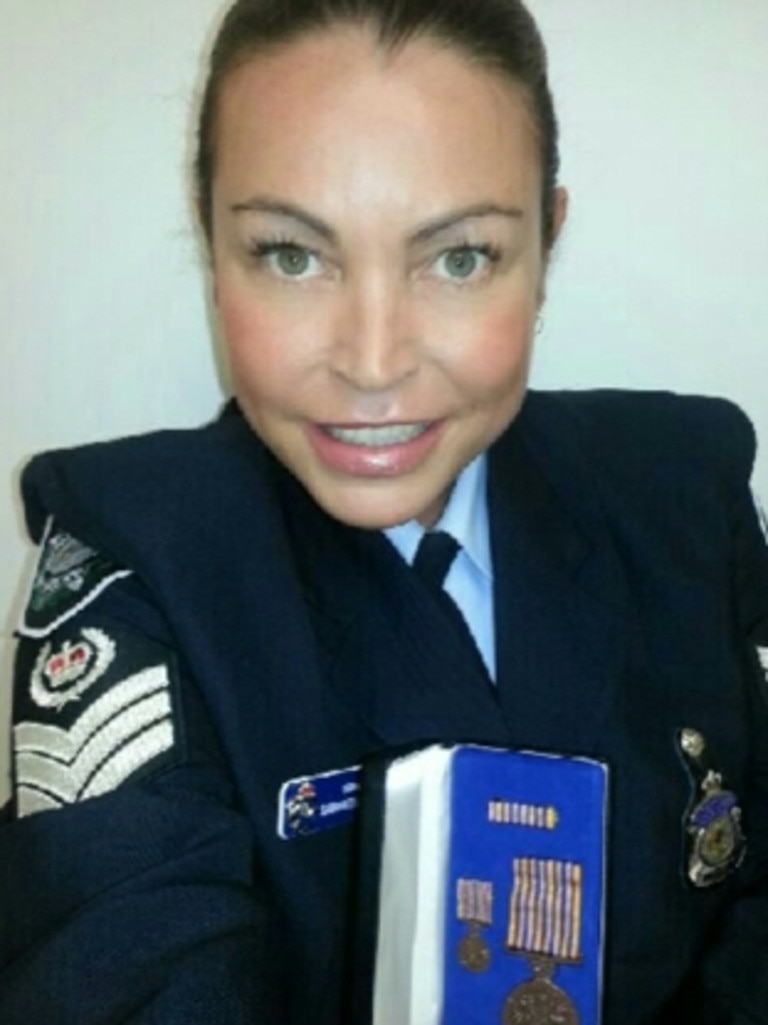
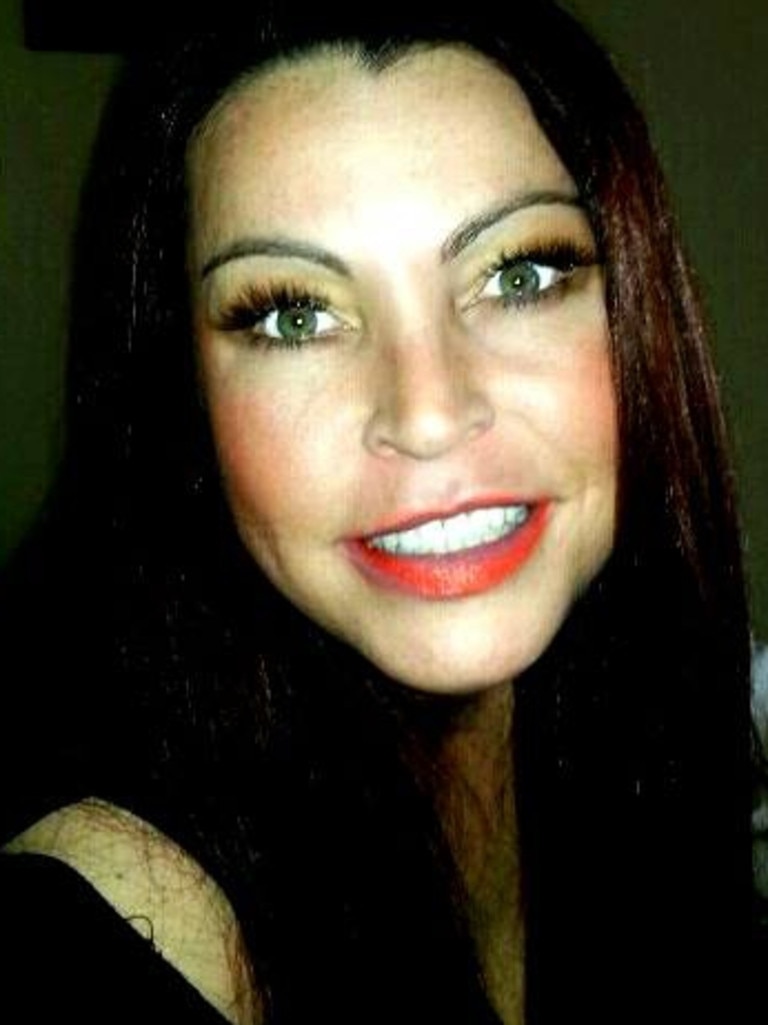
In November 2017, AFP member Malcolm Scott, 59, walked into the foyer of the organisation’s Melbourne building and took his own life just before 9am on a Saturday.
Mr Scott’s death followed that of colleague Sue Jones, 53, a mother-of-two who died in shockingly similar circumstances in the bathroom of the same building earlier that year. Mr Scott and Ms Jones had worked on the same team within the Melbourne branch, according to colleagues who spoke to news.com.au. Both deaths were later deemed to be non-suspicious.
An independent police advocacy spokesman, who asked not to be named, previously told news.com.au he was concerned officers might be trying to send a message by taking their lives in the workplace.
RELATED: Push for inquiry into the AFP
In March last year, the high rate of suicide deaths and mental health conditions experienced by first responders — including emergency service workers and volunteers — prompted a federal Parliament committee to launch an inquiry into the role of the Commonwealth and the states to address the issues.
The Australian National Audit Office (ANAO) also announced an audit into the AFP’s management of mental health within the organisation. It was later revealed that two-thirds of men and women in the AFP experienced potentially traumatic events at some stage in their career.
RELATED: AFP agents’ harrowing stories
RELATED: ‘A whole lot of ticking time bombs’
The ANAO made six recommendations, which the AFP agreed to implement as part of its “new Health and Wellbeing Strategy for the organisation”.
The AFP also engaged the Phoenix Australia Centre to conduct an independent mental health review into the organisation and made 37 recommendations to be implemented over five years.
In January this year, AFP Commissioner Andrew Colvin revealed the force was restricting its officers’ access to firearms.
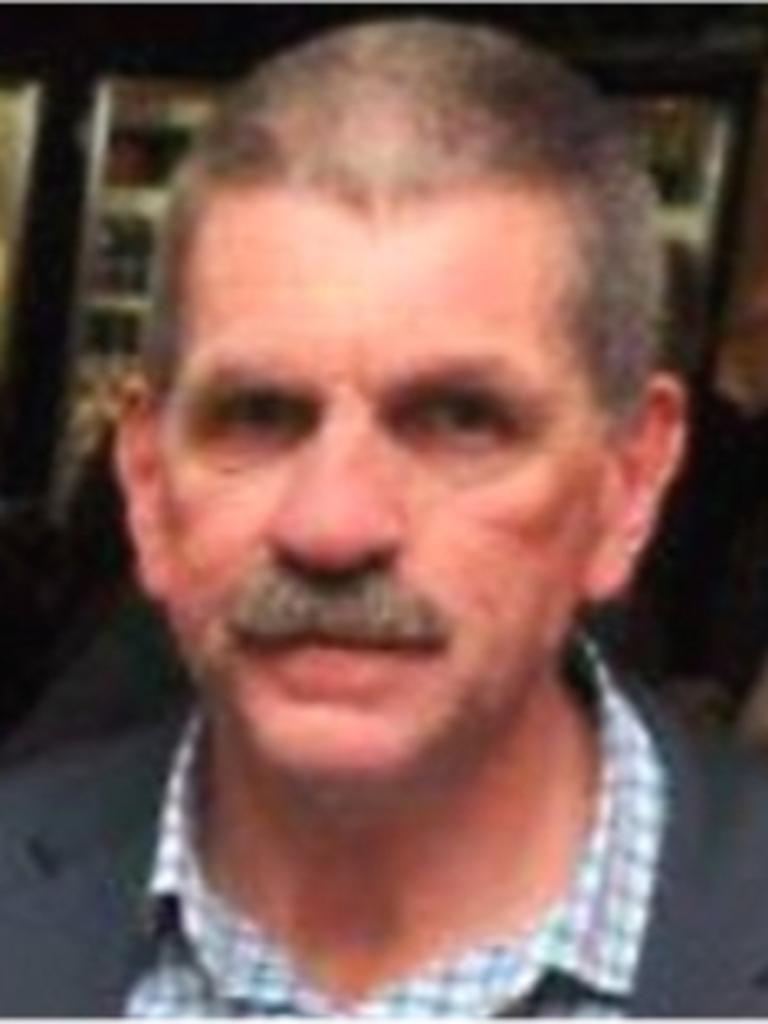
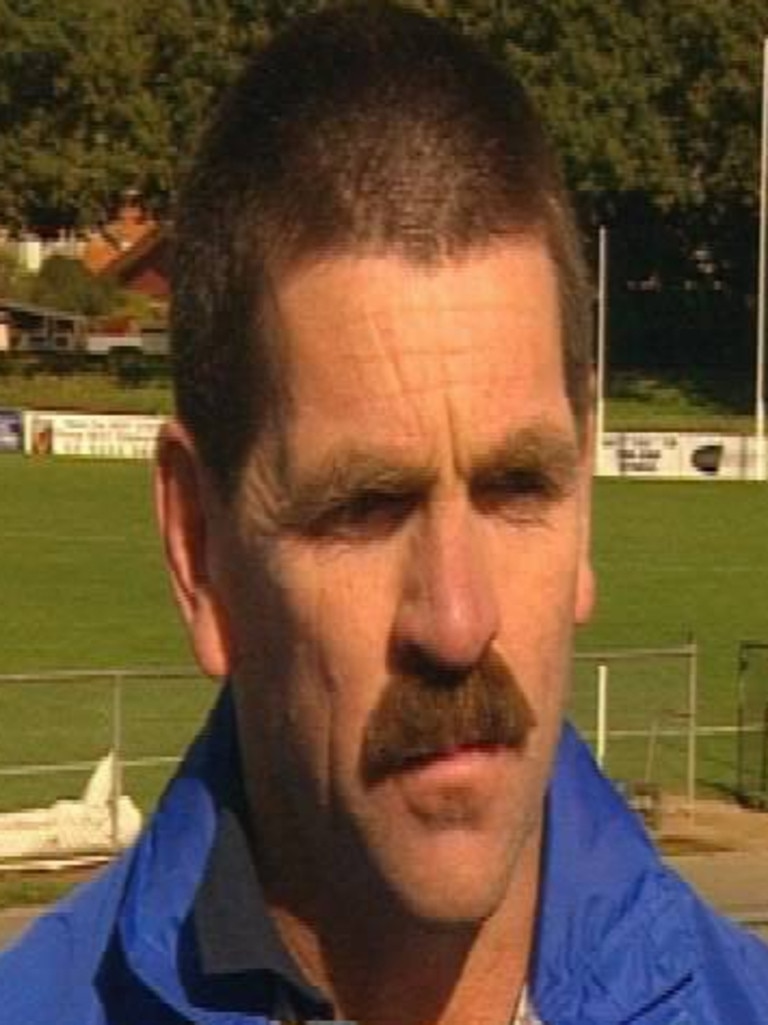
The AFP has recently made efforts to improve its own mental health support services for staff, but many officers want more outside support.
Commissioner Colvin in May last year laid out the increasing workload on the force. The number of crimes involving victims, who might be children, had gone up 200 per cent, while cyber and corruption investigations were also on the rise.
RELATED: AFP agent’s open letter
RELATED: Traumatised agent suing the AFP for huge sum
But police resources had not increased and this has added to pressure on the force.
Commissioner Colvin told the committee it was logical not all cases could be investigated.
“The crime environment is changing and we are having to make priority decisions, not unreasonably, about where we can best direct our effort,” he said.
“Like every police officer does and every police commissioner — where we can best direct our effort to get maximum impact. The demand side is increasing, there’s no question on that.”
If you or someone you know needs help call Lifeline on 13 11 14 or Beyond Blue on 1300 224 636.
For more information on how to support others who might need help and what warning signs to look for, visit: Conversations Matter.

